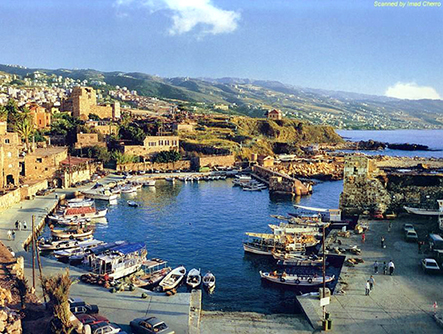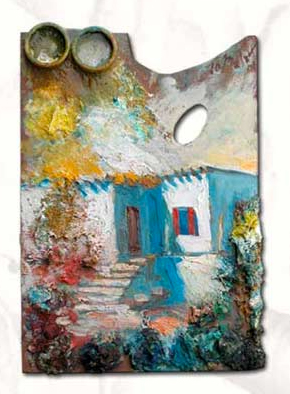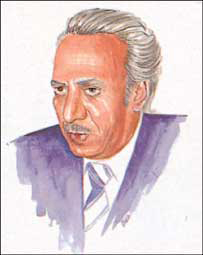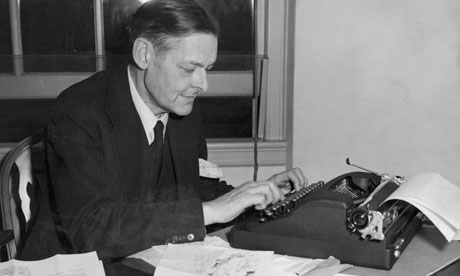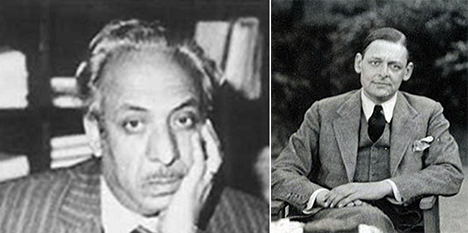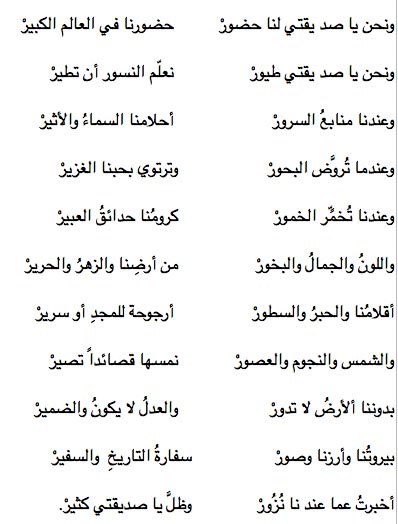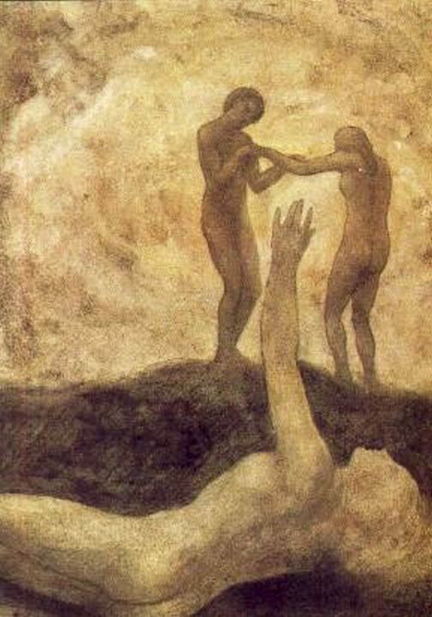
On Marriage by Khalil Gibran
The Collapse of a Tradition, from Sacred to Profane: The Abolishment of the Institution of Marriage
by George Nicolas El-Hage, Ph.D.
In the Middle East, in general, gender equality, love, sex, marriage, emotional relationships, and the proper place of women in society and in the workplace are still issues of debatable outcome and still draw mixed interpretations and polemic conclusions. Simple rights, whether a woman should be allowed to drive, to walk into a mall unescorted, to openly date and be free to choose a mate, and to climb the corporate ladder and lead a company, such topics can still fuel serious debates and bring down questionable consequences. Of course, there are cases, in many Arab countries, where the few have dared to challenge the tradition and break the norm. However, these are rare instances where a woman, or a group of women have been bold and “wild†to take such dangerous steps. Overwhelmingly, women still lag behind and remain treated as second class citizens.
I have spent the last six months in Lebanon and have witnessed firsthand the destruction of what is commonly held as the sacred “marriage institution.†Of course, there are couples who fall in love and fight for their togetherness and try to make it the old fashion way, by earning the right to a successful marriage and a happy family, but by and large, marriage has become a commodity, a sort of contract that should yield a lucrative mutual gain, a connection with benefits, at best, a necessary evil that in some cases is performed under social, parental or economic pressures. Even further, unfortunately, it has become a monetized, materialistic show of wealth intended to keep up appearances while in reality; it is rather void of romance and any traces of love burning in the heart of either partner. Continue reading The Collapse of a Tradition
